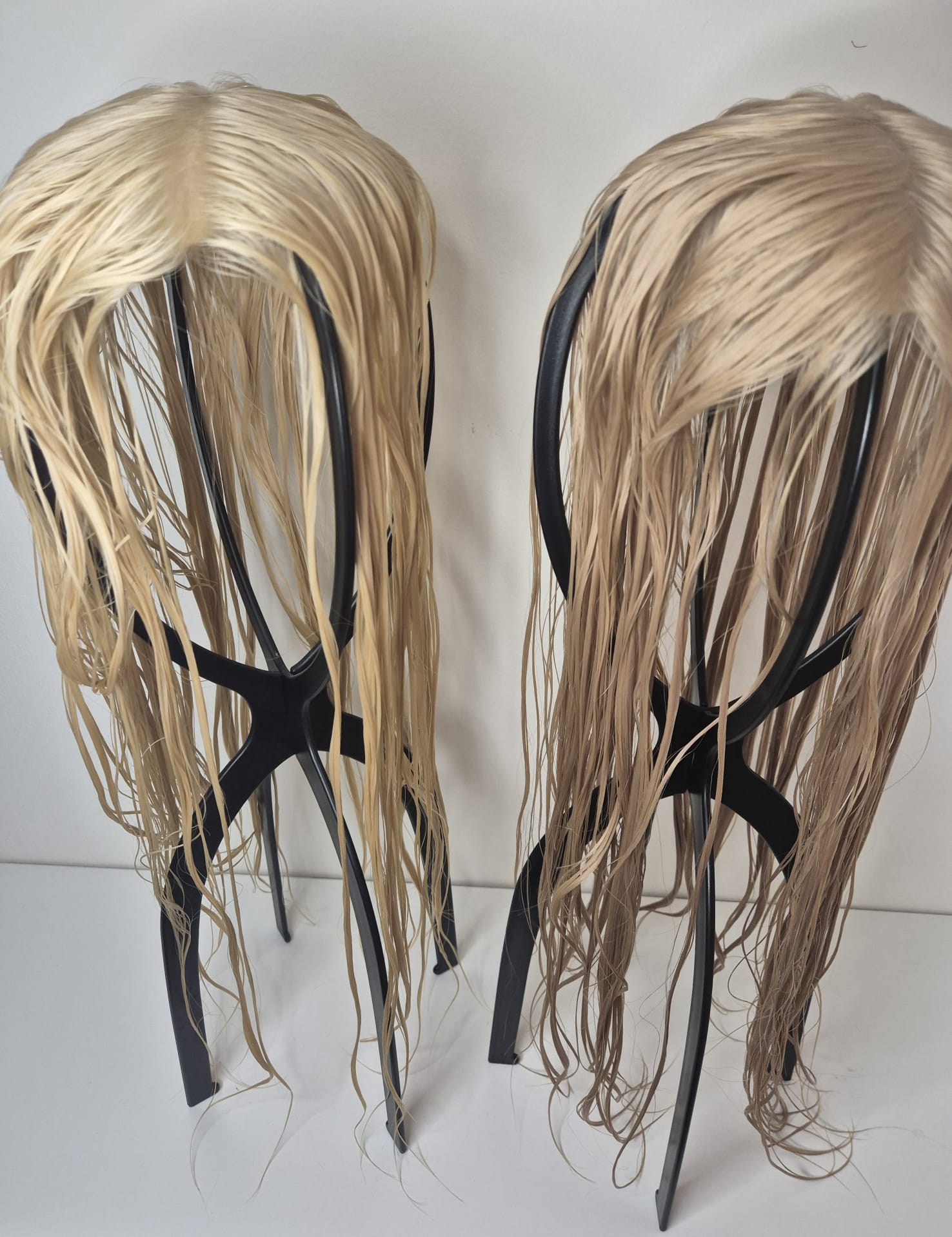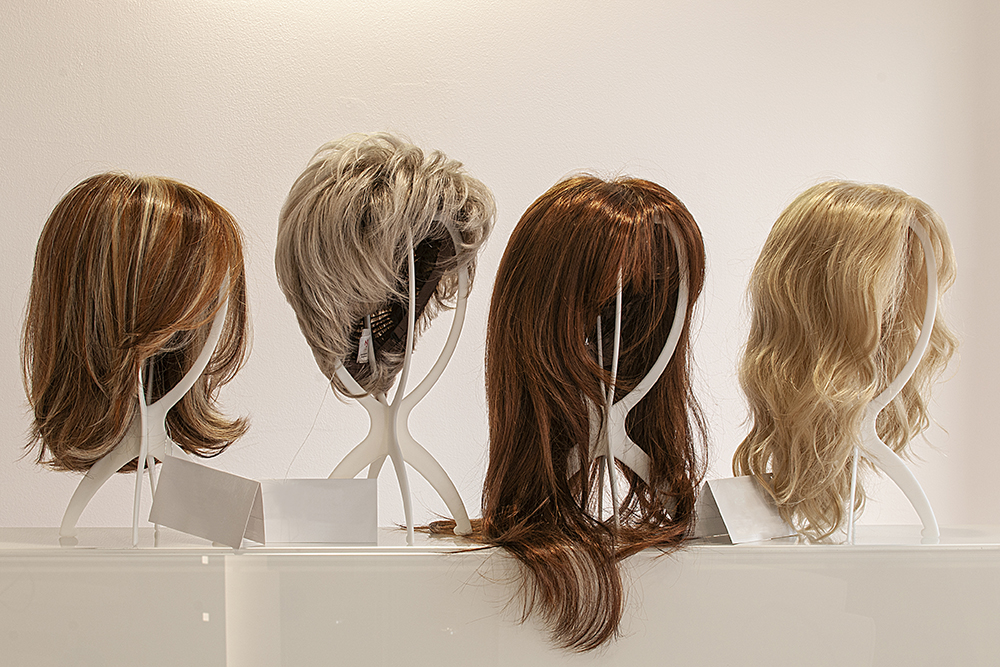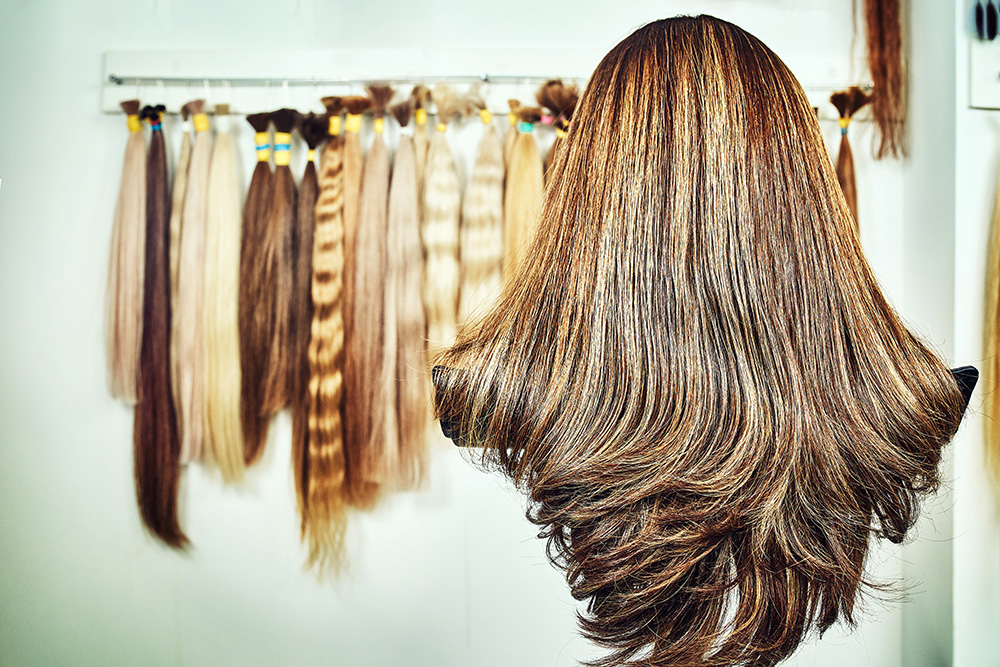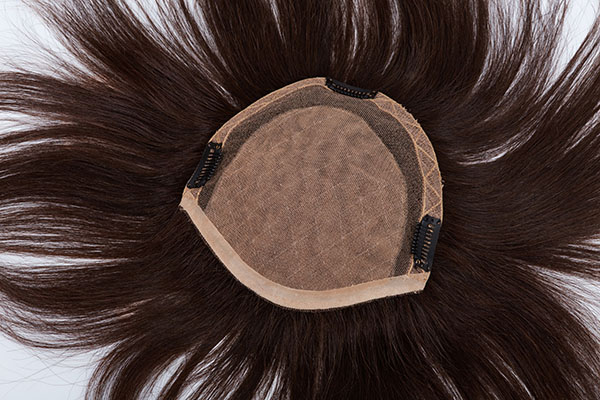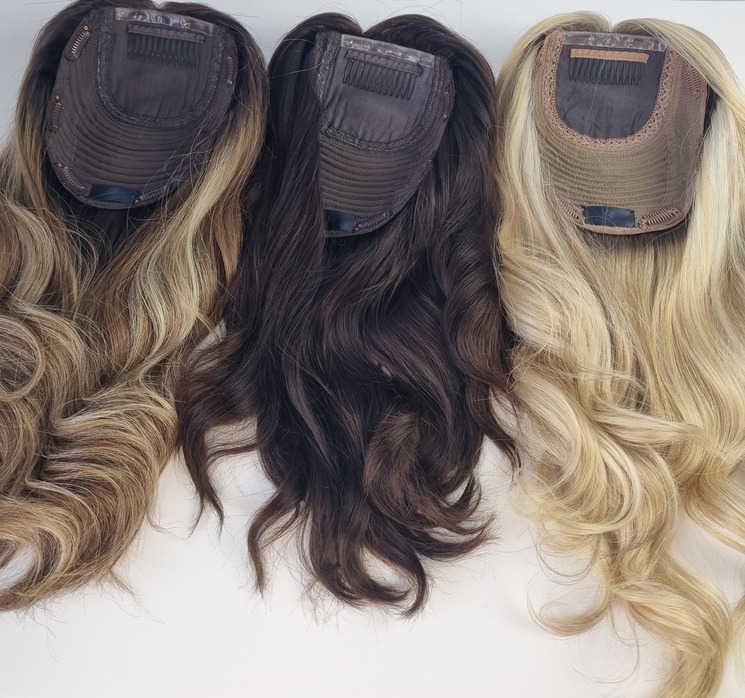What is Alopecia?
In the UK hair loss is one of the most common conditions people suffer with today! Whilst it’s natural for us to lose between 50 and 100 hairs today, it’s estimated that 70% of men and 50% of women are experiencing hair loss or hair thinning. Alopecia is the medical term given to hair loss from the scalp or body. The term alopecia is used to refer to many different forms of hair loss. In this blog, we will talk about all the different types of alopecia to give a better understanding of each type.
Androgenic alopecia
The symptoms – Thinning hair on the crown, a receding hairline, or both.
The Prognosis – While there’s no cure, treatment can stop the condition from getting any worse.
The Treatment – Finasteride, a prescription medication, and minoxidil, an over the counter tropical treatment.
Androgenic alopecia is the number on cause of hair loss in the entire world and despite its well known name of male pattern baldness, it affects women too.
This type of alopecia leads to hair loss at the crown or hairline but doesn’t usually impact the hair at the sides and back of the head.
Alopecia areata
The symptoms – Hair loss that results in small patchy bald spots.
The Prognosis – There is no cure but lost hair can grow back with treatement.
The treatment – Minoxidil, oral immunosuppressants, topical corticosteroids and corticosteroids injections, all of which reduce inflammation.
Alopecia areata doesn’t follow a predictable pattern. This type of alopecia causes the hair to fall out in patches. It can affect other areas of your body not just the hair on your head.
Alopecia areata is an autoimmune condition, which means the hair loss is caused by your immune system mistakenly attacking your hair follicles. Scientists aren’t sure why this happens, but the fact that alopecia areata sometimes affects members of the same family suggests that genetics are a risk factor.
There are a few different forms of alopecia areata here are the more common ones.
Alopecia totalis
Alopecia areata can go away on its own or with treatment, but it can develop onto alopecia totalis. That’s when all of the hair on your scalp falls out. This hair loss can happen quickly or slowly.
Alopecia universalis
This is the most advanced form of alopecia and the most rarest this type of alopecia causes all of the hair to fall out including your eyebrows and eyelashes.
Cicatricial alopecia
The symptoms – Hair loss that leaves scares under the surface of the skin.
The Prognosis – This type of hair loss unfortunately cant be reversed
Treatment – Minoxidil can help undamaged hair grow and prevent further scarring.
In this rare form of alopecia, known as scarring alopecia , hair follicles on the scalp are destroyed by inflammation and replaced with scar tissue. The scar tissue forms under the skin, which means that the only way to spot the condition is to look for missing patches of hair. This type of alopecia is permanent, unfortunately, because once the hair follicles stem cells and sebaceous glands are destroyed, the hair can’t grow back.
Traction Alopecia
The Symptoms – A receding hairline or patches of hair around the temples
The Prognosis – The hair can grow back, but unaddressed traction alopecia can cause permanent damage.
The treatment plan – A change of hair style
The condition can happen if you are wearing tight braids or wearing extensions for long period of time that it can cause permanent damage to your hair. Wearing your hair in a tight ponytail or bun can also cause this condition.
Support groups and hair loss community
Alopecia UK is a charity helping to improve the lives of people affected by alopecia. The organization also works towards awareness and research. The website is full of information and advice, including news and blogs. https://www.alopecia.org.uk There is also private Facebook groups you can join, and regular support groups that you can attend.

alopecia uk
Instagram is also full of lots of inspirational ladies that are going through hair loss and showing how you can navigate living with hair loss and wearing alternative hair almost in my experience normalizing it all.
The hair loss community will make you feel you are not alone for me personally has been a massive part of acceptance. If you are struggling and would like someone to talk to contact Mel at Mello-Hair we are always here as a support.
